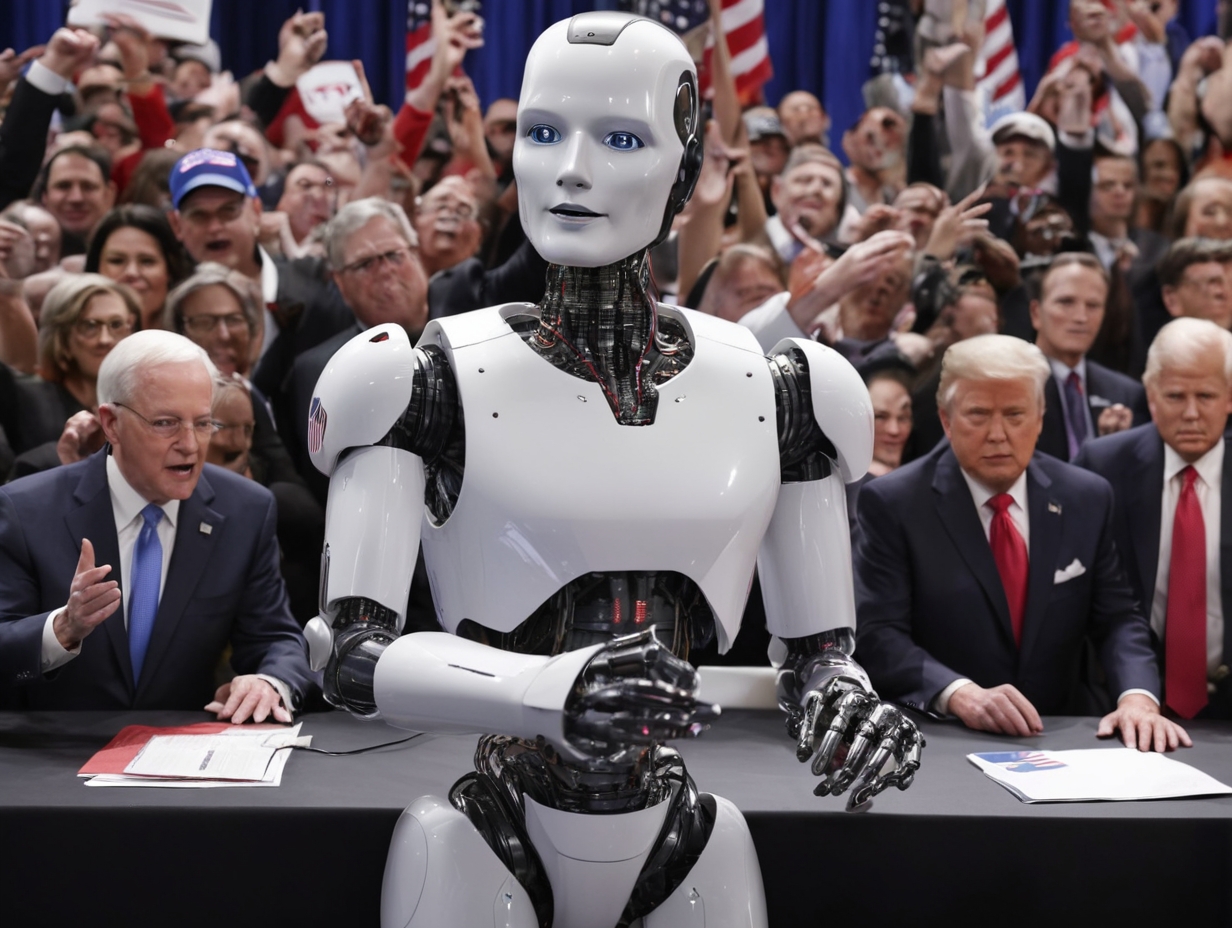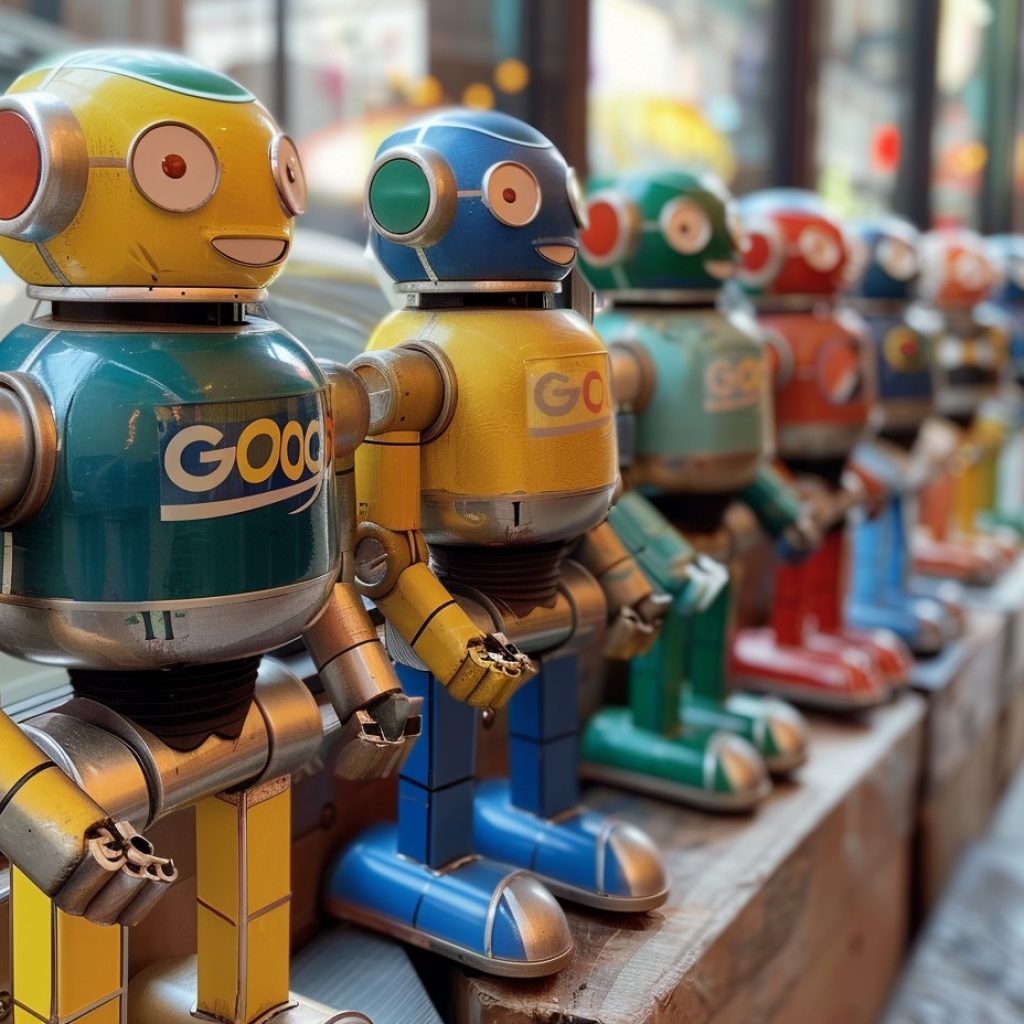The approach of the 2024 elections, both major U.S. political parties undertaking AI – Artificial Intelligence, extremely in campaign strategies, which shows an evident shift in digital technology usage by candidates to social media to get votes.
Strategic Utilization of AI
The Democratic party’s during the social media phase of 2016, which favored Republicans, the party is now hesitantly adopting AI technologies. Their primary interest lies in locating voters and working contra misinformation.
The digital political campaign witness stresses that the inventions done by AI should be used to save time, which is a scarce resource during a campaign at the same time control misinformation which can mess up a campaign position candidate. Doing the converse, the Republican party has also been transforming its AI techniques such as utilizing AI-generated content to simulate typical negative scenarios on how the Administration of the opposition, i.e. the Democratic, may do. This also raises the issue of fairness and credibility of the tracking data.
Regulatory challenges and ethical concerns
While all these developments are taking place a rising number of professionals are warning that AI might be used to exaggerate the misinformation that casts doubt on electoral credibility. The violations of the electoral process in other politics, for example, AI-generated pictures that demonstrate political events that never took place, and a strong demand for sanctioning of the policy in international politics. The Biden administration argues that an executive move might enforce some regulations, yet too many people are in favor of legislative procedures in this matter for AI regulation.
The tech giants have offered undertakes of self-regulation in response; moreover, legalist perspectivists need to question their credibility with legislative assurance. The debate still goes on concerning the right strategy that could be put in place to attend to the benefits of AI and avoid the risks of AI application in political settings.
Adoption and innovation among campaigns
The campaign floor, data is what fuels the Democratic strategy. That is through AI-generated data analysis, audience-building, and content creation. However AI-generated content would have to be reviewed by human staff to avoid slip-ups that are unethical. The RNC Democratic National Committee has been at the forefront of the use of AI. It has used Google AI’s clusters to determine the voter registration patterns and solve the campaign allocation challenges. As for progressive groups, they brought a new edge into the mainstream with cuttlefish groups like Higher Ground Labs focused on cultivating AI-based data analytics approaches for Democratic campaigners.
These activities target the digital direction while being abreast with minimal ethical encumbrances. Bringing AI to campaigns does have a positive impact, but the choice should be weighed carefully because it has its downsides as well. This opens new horizons in data processing and content generation but makes us confront serious ethical, legal, and broader social issues. As AI technologies grow more advanced, for a campaign, the essence will be to ensure that this gizmo is properly utilized in a way that nurtures democratic engagement but does not violate the electoral process.
AI technology is experiencing constant innovation, therefore the ways of political campaigning to ensure its inclusion will also develop. Democratic societies have been facing continuous controversies over regulation and ethics raising the issue of the need to implement a balanced approach that involves both the technologically positive sustainability and the democratic values’ protection. So, it is for the 2024 election, that the party which best knows how to integrate AI into their campaigning, has a good chance to be in power.





